Research from spatial repellent trial in Syria published in BMC Medicine journal
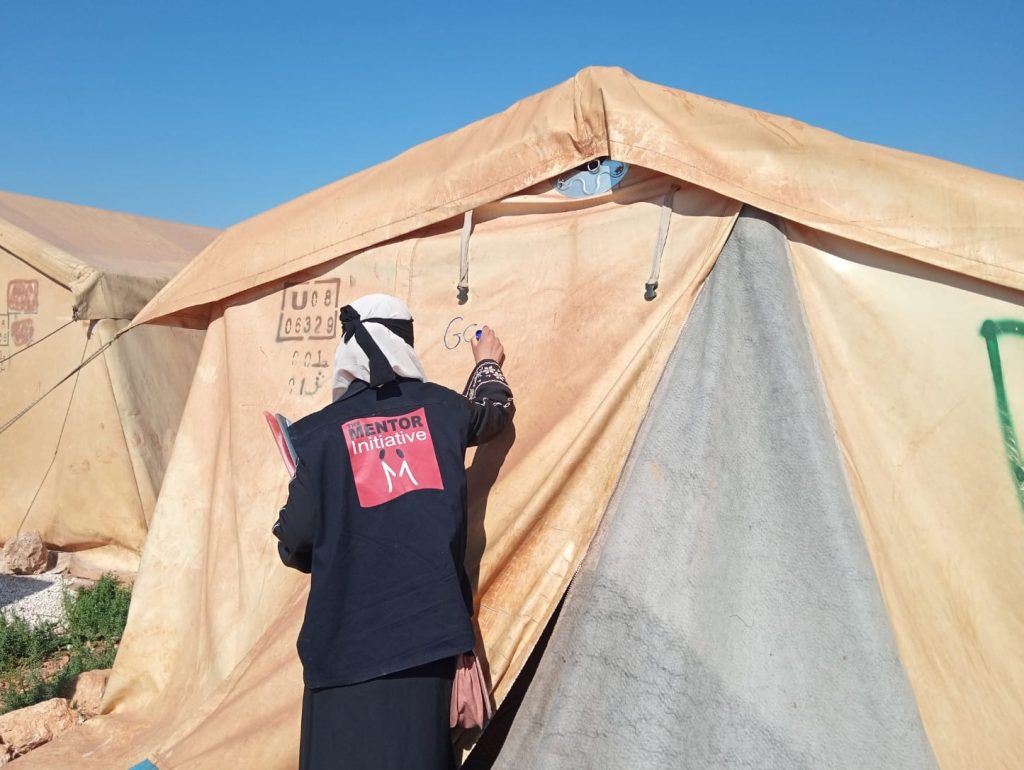
Research from a trial evaluating the efficacy of Mosquito Shield™ spatial repellent in reducing cases of cutaneous leishmaniasis in displacement camps in North-East Syria was published in BMC Medicine journal on 3 July. The results are significant and provide the first demonstrable impact of spatial repellents on cutaneous leishmaniasis (CL) transmission, particularly in fragile, humanitarian […]
Intensified Disease Management
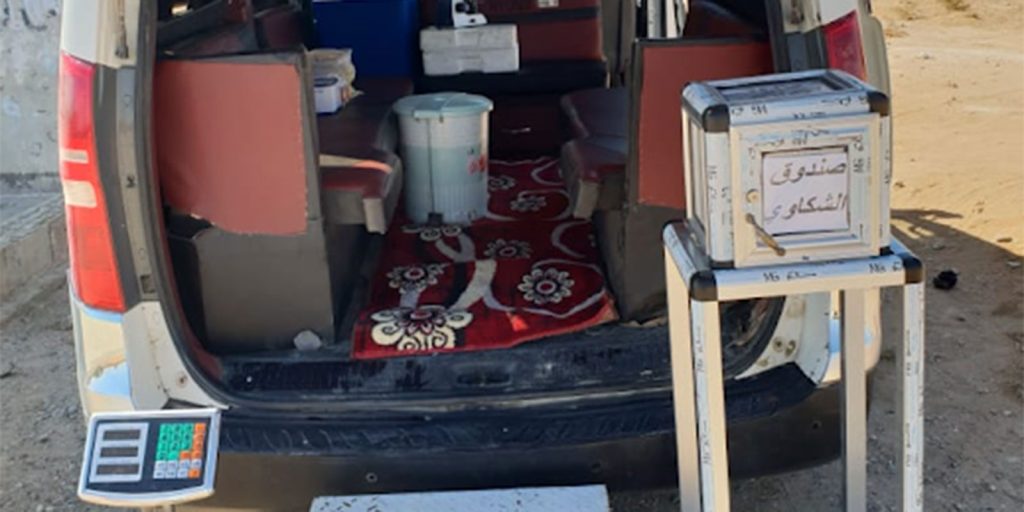
Integrating the management of debilitating and disfiguring diseases with training and healthcare.
Hygiene Promotion
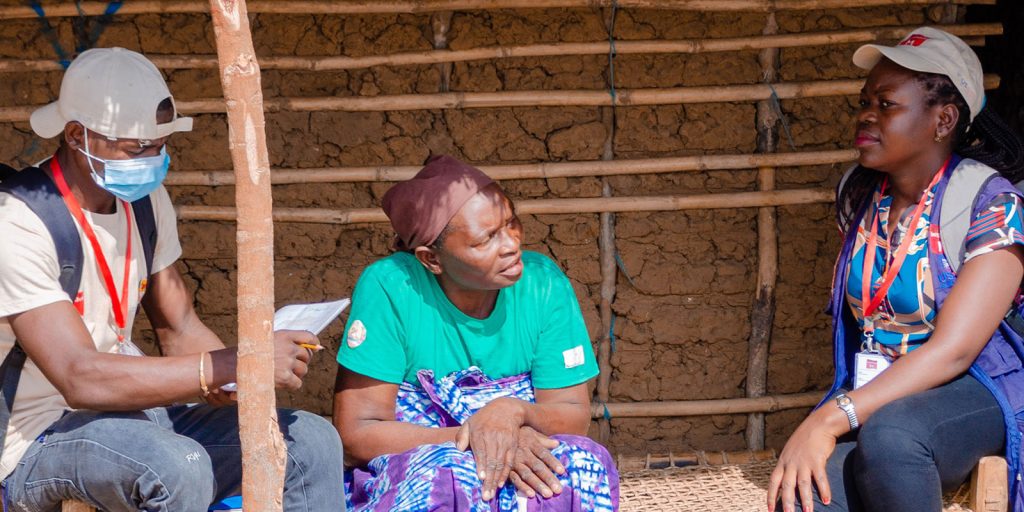
Raising awareness about the importance of personal and environmental hygiene practices to prevent neglected tropical diseases.
Mass Drug Administration
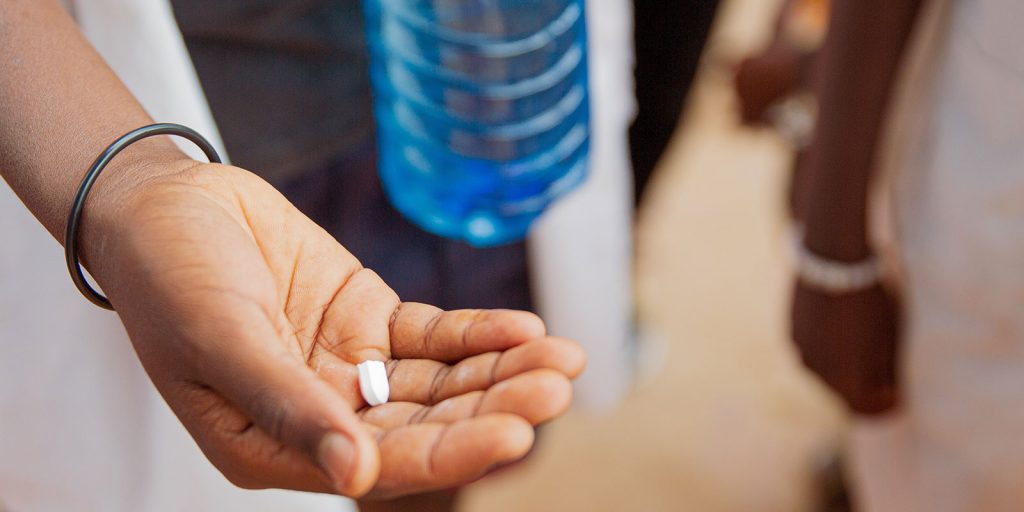
Supporting local governments to distribute preventive medicines to communities at highest risk of neglected tropical diseases.
Aedes prevention in Venezuela
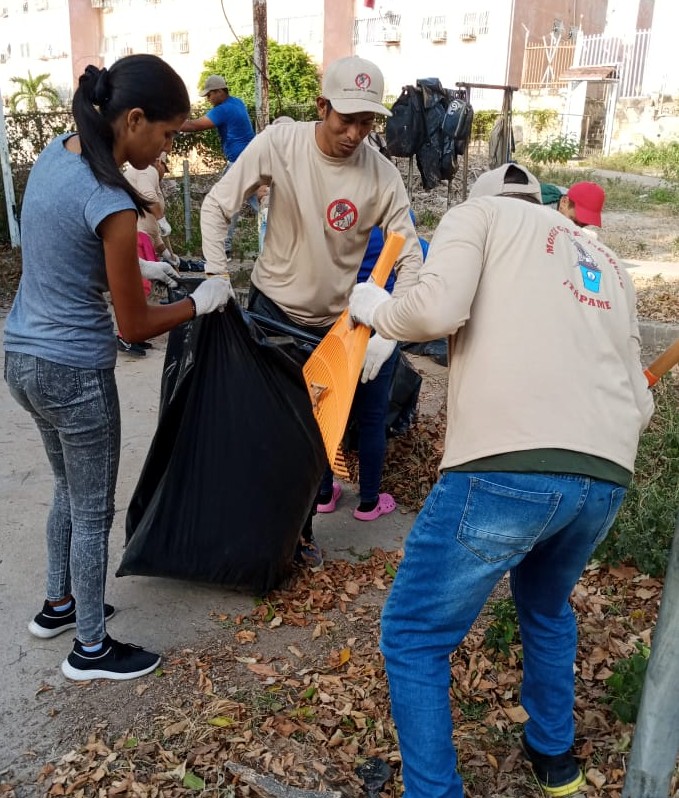
Community cleaning days targeting the removal of even the smallest containers in Venezuela are preventing the spread of infectious diseases by reducing the waste in which the Aedes aegypti mosquitoes breed. In urban areas solid waste management and removing potential breeding sites is critical to prevent the diseases Aedes mosquitoes transmit such as dengue, Zika […]
Global partners meet to discuss Neglected Tropical Diseases

The Annual River Blindness, Lymphatic Filariasis and Schistosomiasis meeting took place last week, bringing together Ministry of Health officials, WHO, partners, country-based staff, and donors to review programmes in 2024 and plan activities for the year ahead. The MENTOR Initiative was pleased to join the 29th meeting at The Carter Center, to discuss achievements, challenges, […]
World NTD Day 2025
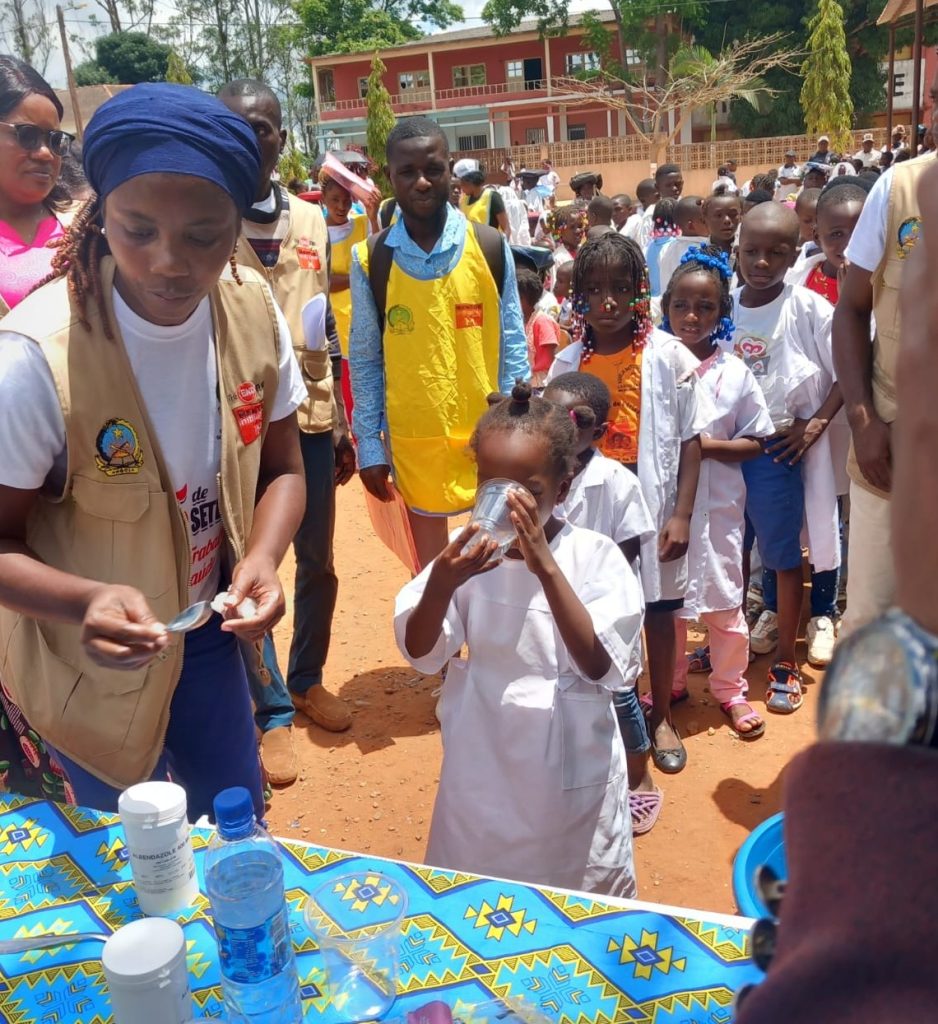
MENTOR works in some of the most vulnerable settings to prevent and treat neglected tropical diseases, a group of diseases that affect more than 1 billion people worldwide. Together with our partners we are helping to reduce the harm and suffering from NTDs in communities disproportionately affected by a lack of healthcare, climate change, and […]
Mass Drug Administration begins in South Sudan
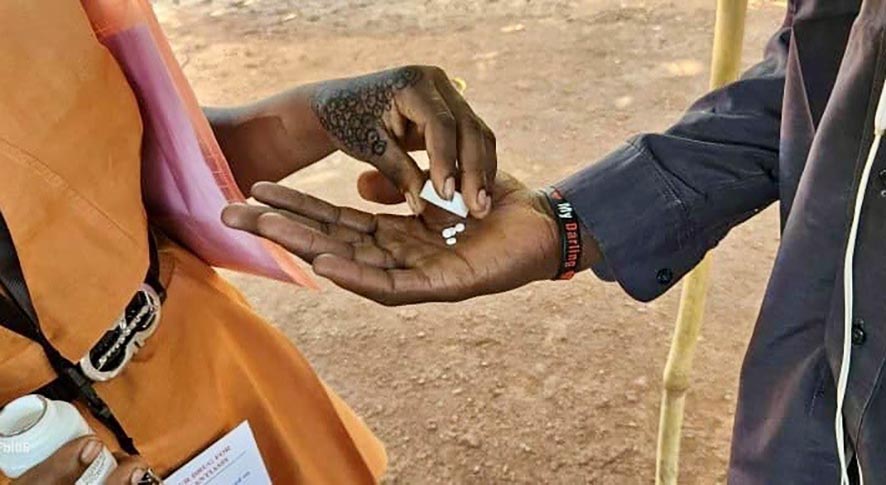
A mass drug administration campaign in South Sudan addressing the high rates of onchocerciasis (river blindness) and lymphatic filariasis recently started, which aims to reach around 1.7 million people at risk of two of the most harmful neglected tropical diseases. This year’s campaign is expanding into five new counties, adding to the successful programme in […]
World Dengue Day
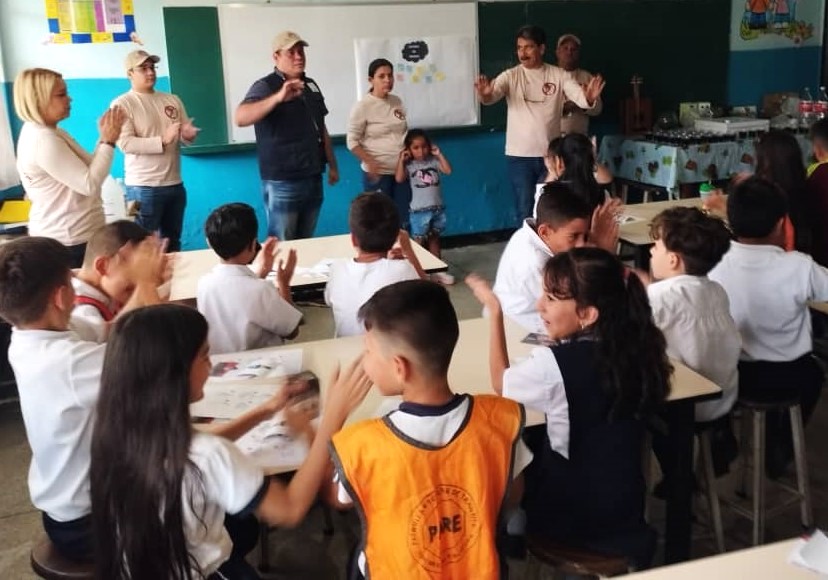
The dengue crisis continues to grow at an alarming rate in Latin America and the Caribbean – 8.4 million cases have been reported in this region so far this year. (UN) The risk of dengue is especially high for people in urban areas who live near the breeding sites of the Aedes mosquito, which are […]
Training in southern Angola improves surveillance activities for malaria elimination
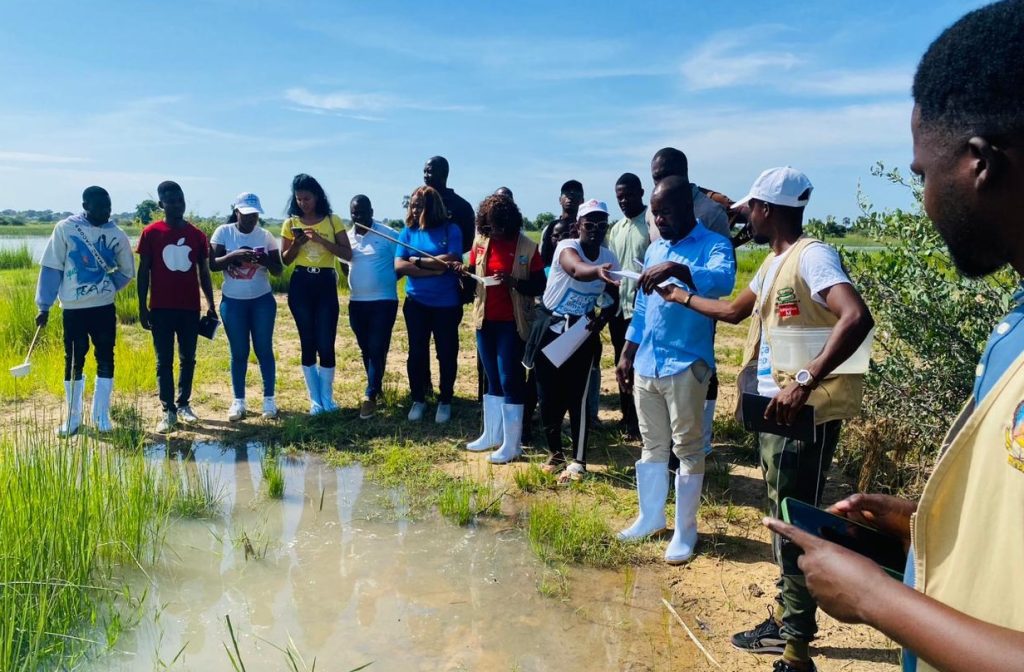
District level training in two provinces in southern Angola was carried out recently to improve malaria surveillance for elimination in this border region. The training covered entomology and vector control elements defined in the Malaria Surveillance for Elimination Manual of Angola NMCP. Training started last week with municipal supervisors and surveillance officers in the local […]
